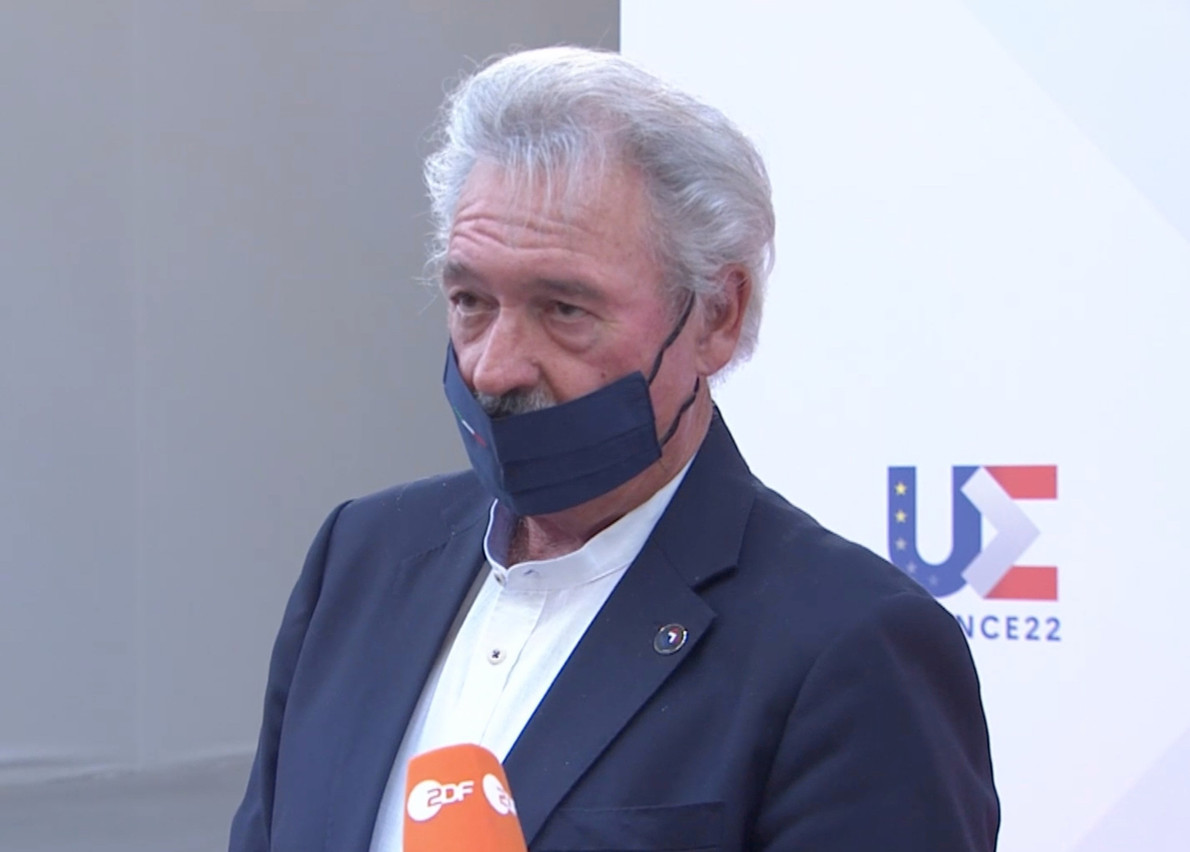In a week that saw three separate extraordinary meetings, the US, NATO and the OSCE all met with Russian representatives in an attempt to de-escalate the situation in Ukraine.
The Luxembourg foreign minister was adamant about the merit of discussions with Russia, “No door should be slammed shut,” he said. “This process should be kept alive. So far, no shot has been fired, that is a good thing; no border has been crossed, but the potential of danger is there. That’s clear.”
As much as diplomacy is wanted by Europe, the minister warned, “If something happens militarily, I think all doors will be slammed shut for 20 years.”
The European Council announced on 13 January, it was to prolong the restrictive measures currently targeting specific economic sectors of the Russian Federation by six months, until 31 July 2022. In particular this applies to certain Russian banks. It will also continue to prohibit the direct or indirect import, export or transfer of all defence-related material.
Nato and Russia held what was described as an honest and frank meeting, although Nato Secretary General Jens Stoltenberg stated that there were still significant differences between Nato and Russia.
Yet he remained optimistic, saying it was “positive to be able to sit down” and that, we are in “a defining moment for European security.”
Russia has a stark choice to make when the Russian delegations report back to President Putin--de-escalation and diplomacy, or confrontation and consequences. We all hope they choose peace and security, but we are preparing for all scenarios."
When asked to comment about the first meeting in two years between both sides, Charge d’affaires at the US embassy to Luxembourg Casey Mace said that the United States and its Nato Allies were in “lockstep with each other, united in our serious concerns over Russia’s military buildup on Ukraine’s border” and that they shared a commitment to the right of each nation to choose its own security arrangements and make its own sovereign decisions.
“Russia has a stark choice to make when the Russian delegations report back to President Putin--de-escalation and diplomacy, or confrontation and consequences,” Mace said. “We all hope they choose peace and security, but we are preparing for all scenarios.”
Main points of conflict are simple and irreconcilable
Russia, as stated in its list of demands published 17 December, wants Nato to stop any further eastward expansion of the military alliance and withdraw to the 1997 borders. It is also demanding the removal of US nuclear weapons from Europe and in effect wants a Russian veto on any future Nato membership for Ukraine.
In response to these demands, US ambassador to Nato, Julianne Smith, on 11 January stated that Nato’s so-called open-door policy was non-negotiable. And that nobody at Nato was interested in going “back in time to revisit an era where Nato looked a lot different than it does today.”
Stoltenberg reiterated this point several times, saying Nato will not compromise its core principles, one of which is allowing nation states to decide their own future. He went on to say that it was up to Ukraine to decide if and when it was ready to join the alliance.
In response to the Russian accusations of aggression, Asselborn said: “As Nato or the European Union, we won’t attack Russia. That is completely clear. Russia cannot use the argument that there is a danger of the east being attacked from the west.”
One point of discussion in the Nato-Russia meeting was the banning of missiles in any potential conflict, something the allies were keen to establish. Russian representatives said they were not ready to commit to such demands at this time, nor when such meetings could take place.
If Russia were to invade Ukraine, Stoltenberg promised swift action that would be, “very serious for Russia” and that Nato would reinforce its eastern flank. He also defended military exercises, air policing and the distribution of weapons to Ukraine as deterrents against Russia, to help preserve Ukraine’s national sovereignty.
Several questions forced Stoltenberg to defend Nato’s previous past actions and interventions, notably in Libya, which he said was a European-led offensive. He also added that the alliance had a UN mandate to help the situation on the ground after the fact. Stoltenberg also talked about the breakup of the former Yugoslavia; he urged people to educate themselves on the history of its disintegration, which he said was due to internal forces and conflicts.
It is estimated close to 100,000 combat ready Russian troops are amassed, fully equipped for war, on the Ukrainian border.
Nato and Russia are willing to meet again in an attempt to resolve the stalemate. The conflict in the Donbas region of Ukraine has been ongoing since 2014.

